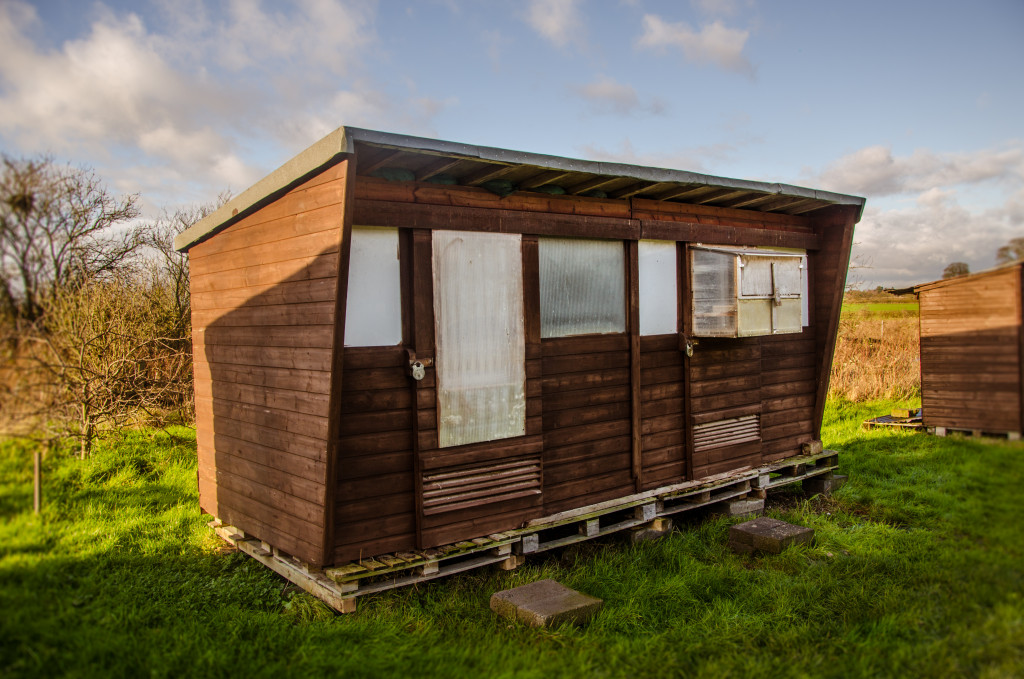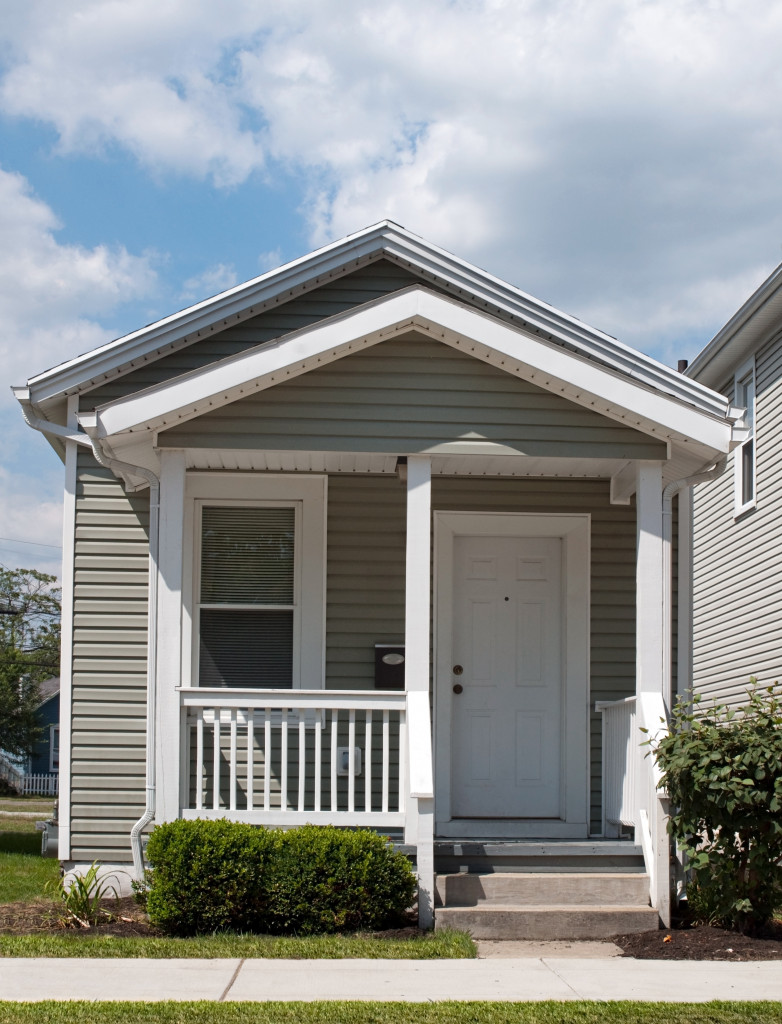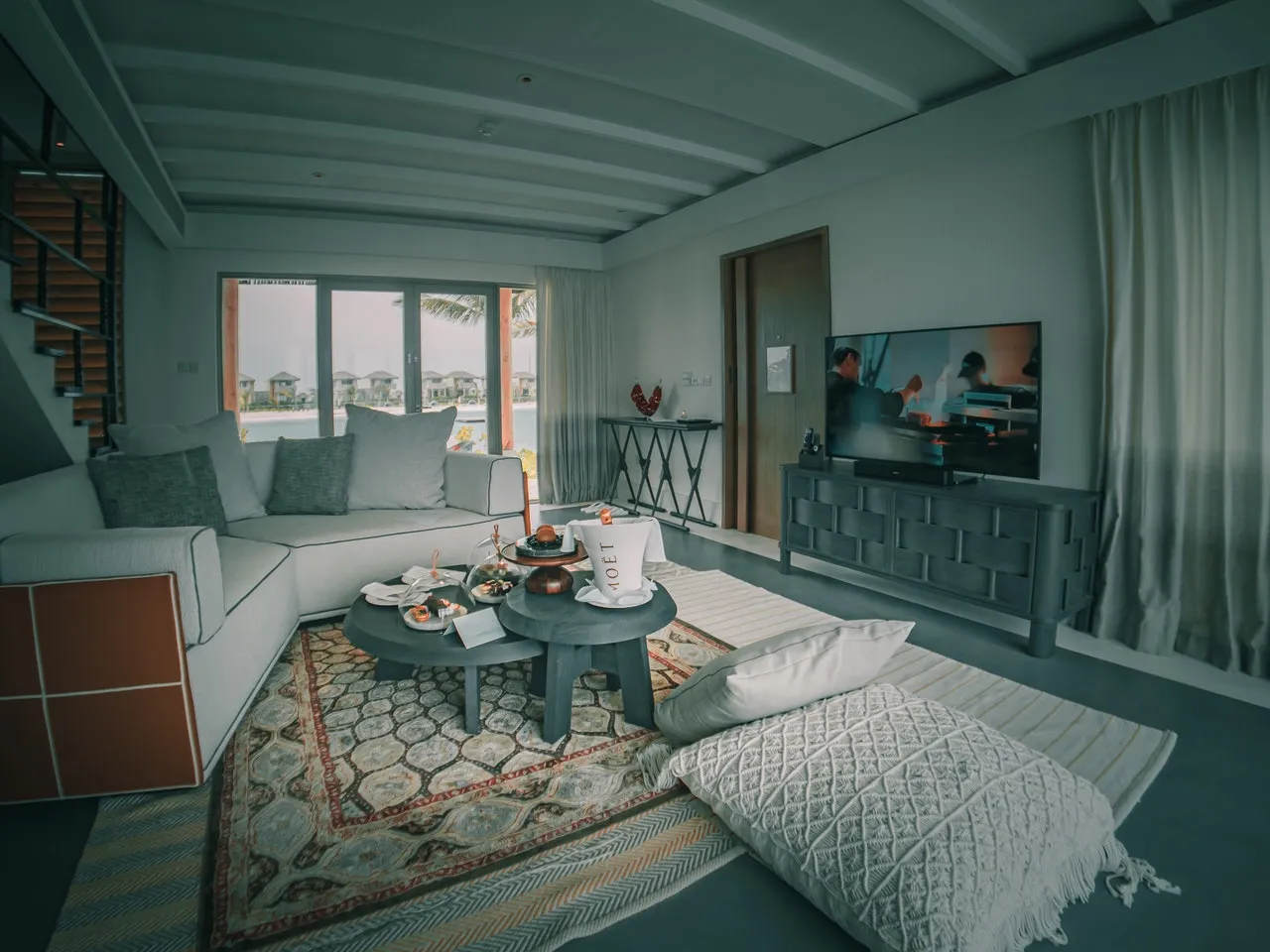Nowadays, one of the things that most people are looking for in a property is its sustainability. An increasing number of people are getting more conscientious about their home purchases and are looking for something eco-friendlier and greener.
Almost everyone is trying to get bigger properties and expand their houses, and along with this, making improvements that ensure their homes are something the Green Movement will be proud of. Homeowners are incorporating smart home technologies to minimize their energy consumption, while commercial property owners are also doing their fair share by hiring commercial landscaping lawn care services and automating whatever they can afford to automate at this time.
However, despite other people expanding their properties, the increasing demand for tiny houses is evidence of people’s desire to be more responsible citizens of the earth. But are tiny houses really as environmentally friendly as most folks think?
What is a tiny home?
Tiny houses are not exactly a new concept. They have been around for decades but only increased in popularity in recent years.
A tiny house is a housing unit that is relatively smaller compared to traditional houses. Their sizes range from as small as 60 square feet to 400 square feet. This makes them relatively cheaper as well, whether they are bought or built from the ground up.
Maintenance and upkeep are also inexpensive as one only has to deal with a small house and not a full-sized residential unit.
How are they eco-friendlier than traditional housing units?
The question now is does size really matter when it comes to a house’s sustainability? Does living in a tiny house automatically mean that it’s already considered eco-friendly? What makes a tiny house green?
Sustainable construction
One of the main advantages of tiny houses is their size. Since they are significantly smaller than your typical residential property, they use far fewer natural resources. On top of this, builders can easily use more sustainable raw and reusable materials such as bamboo, reclaimed wood, recycled steel, and prefabricated slabs.
Minimal energy consumption
According to one study involving around 80 people who moved to a tiny house and lived in it for about a year, the average energy consumption of the participants went down by 45%. This number was drawn against the amount of space each person needed to sustain their lifestyle.
Reduced waste production
A household’s monthly consumption is significantly reduced when living in a small house. Since there’s very limited space, people are forced to downsize their belongings and go minimalist. This means far less clutter and junk make it to dump sites annually.
Greater mobility
While this really doesn’t affect the environment as much, the flexibility that a tiny house offers a homeowner means that they can easily move somewhere that’s more peaceful and serene. In most cases, homeowners move to rural areas where life is simpler.

What are the downsides of living in a tiny home?
While the benefits of living in a tiny house are awesome, expect that there will be certain sacrifices that need to be made.
Smaller living space
One of the trade-offs here is you will have less space to move around in. When most folks are dealing with cabin fever by expanding their properties, moving to a tiny house at this time might be more of an inconvenience to someone who’s not fully committed to making a lifestyle change.
Less storage space
Smaller living space also means there’s less storage space for seasonal items and other personal items.
Fewer personal possessions and belongings
While some people welcome the thought of going minimalist and having less clutter to deal with regularly, this might be a personal challenge to those used to having lots of items and belongings.
Is moving into a tiny house worth it?
Many people are making the transition and jumping on the tiny house bandwagon for its charm and appeal. And as we’ve enumerated the advantages and disadvantages of tiny house living, the question now is this: is the trade-off worth it?
One thing is for sure: It’s not for everyone. The question of whether moving into a tiny house is worth it or not is very subjective. It will depend on a person’s preference, situation, and state of mind. Whether it has to do with finances, being environmentally friendlier, or a move to simplify life, most people who choose to join the tiny house movement find it worth their while.
It will still boil down to smarter decision-making. Whether one decides to live in a tiny house or a traditional one, being eco-friendly and green is primarily a matter of making the right choices and building the right habits.


